What Bose and Apple headphones must now do to catch up with Sony's mighty WH-1000XM6
How do you challenge the best in the business?
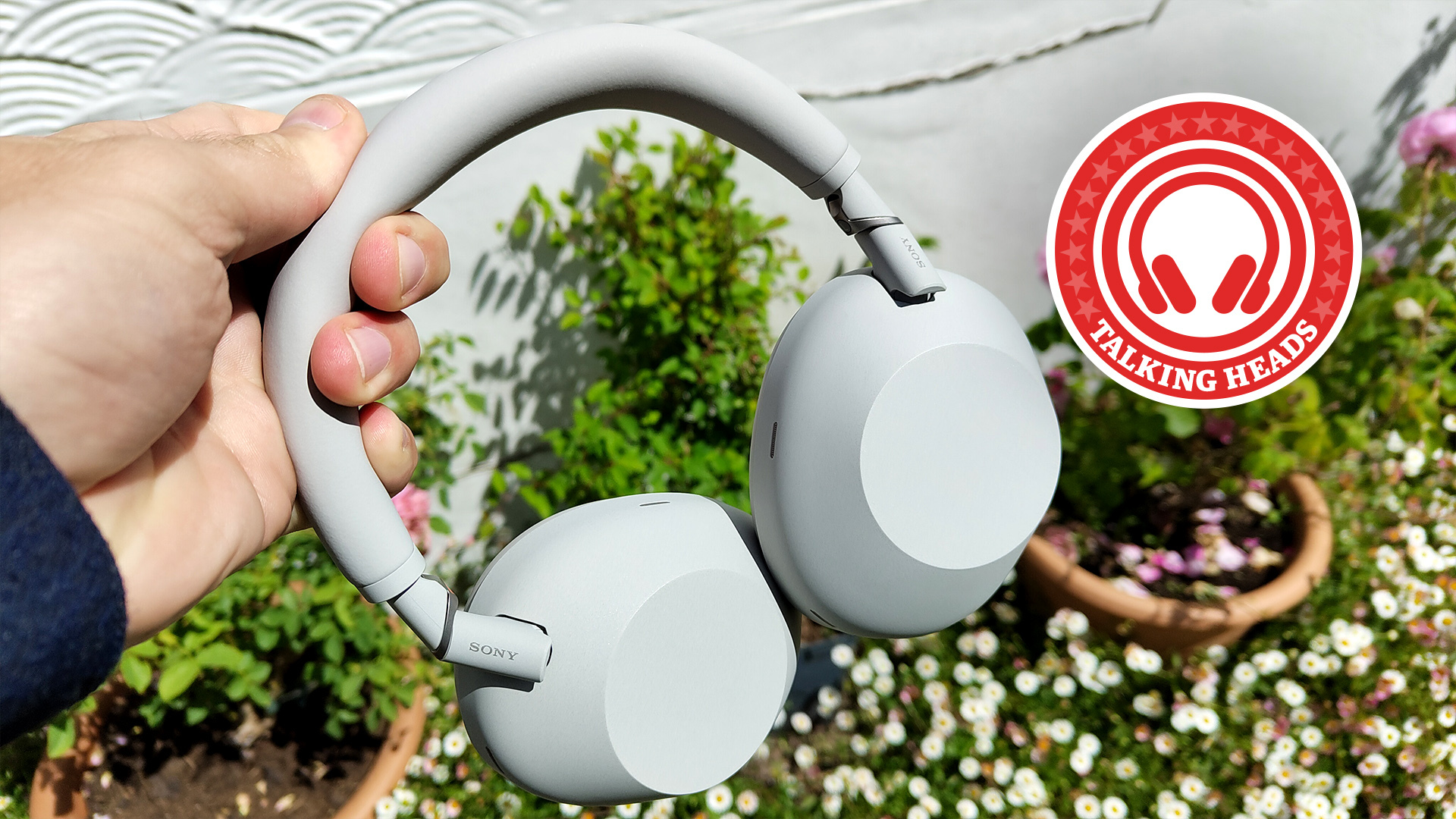
We don’t know if you’ve heard, but Sony has launched a new pair of wireless over-ear headphones. The Sony WH-1000XM6 have exploded onto the scene, earning their stripes and considerable plaudits by being jacks of all trades... and masters of a fair few of them, at that.
Our expectations for the XM6 were sky-high based on their predecessors' success, yet Sony still managed to exceed them.
The WH-1000XM6 excel across the board, rectifying the minor issues we had with the ol' WH-1000XM5 – potentially fragile hinges and a lack of foldability – while adding some fresh Bluetooth support and incorporating major improvements to key aspects of build and performance.
They are a fine addition to the flagship wireless XM series, again showcasing a manufacturer at the top of its headphones game.
The question now is: how do their rivals compete? Bowers & Wilkins has played its hand very recently with its new Px7 S3 (£399 / $449 / AU$699), a great-sounding pair of wireless headphones that come close to the Sony-set benchmark. (If only they had similar ANC levels, it would be hard to pick between them.)
But what about rival brands that are due a follow-up and will be looking to stick their flag in the ground to challenge the XM6? We’re expecting successors to the Apple AirPods Max at some point this year or next, while the Bose QuietComfort Ultra Headphones will also be due for a refresh in the next 12 months.
How do you solve a problem like the WH-1000XM6?
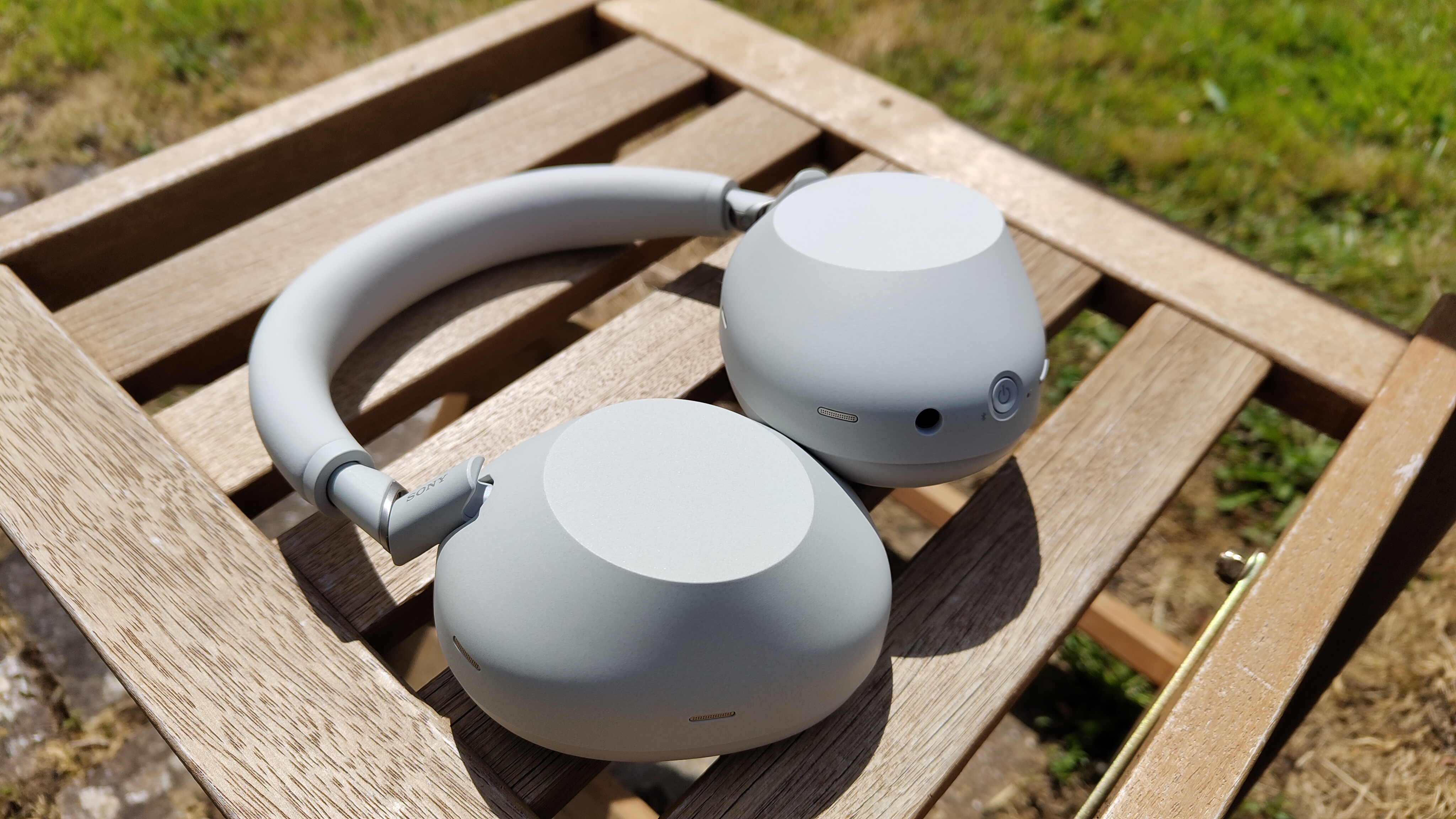
The problem facing both Apple and Bose is that they are competing with a pair of headphones that are great across the board. Rivalling the XM6 in all areas is a tough challenge, especially when they don’t seem to have many weak spots.
The latest hi-fi, home cinema and tech news, reviews, buying advice and deals, direct to your inbox.
Their sound is great, their noise cancelling actually rivals Bose's, their build and comfort are excellent, and they back that all up with a brimming feature set. Where do you even start when you’re trying to find a chink in their plastic-coated armour?
Pick your speciality
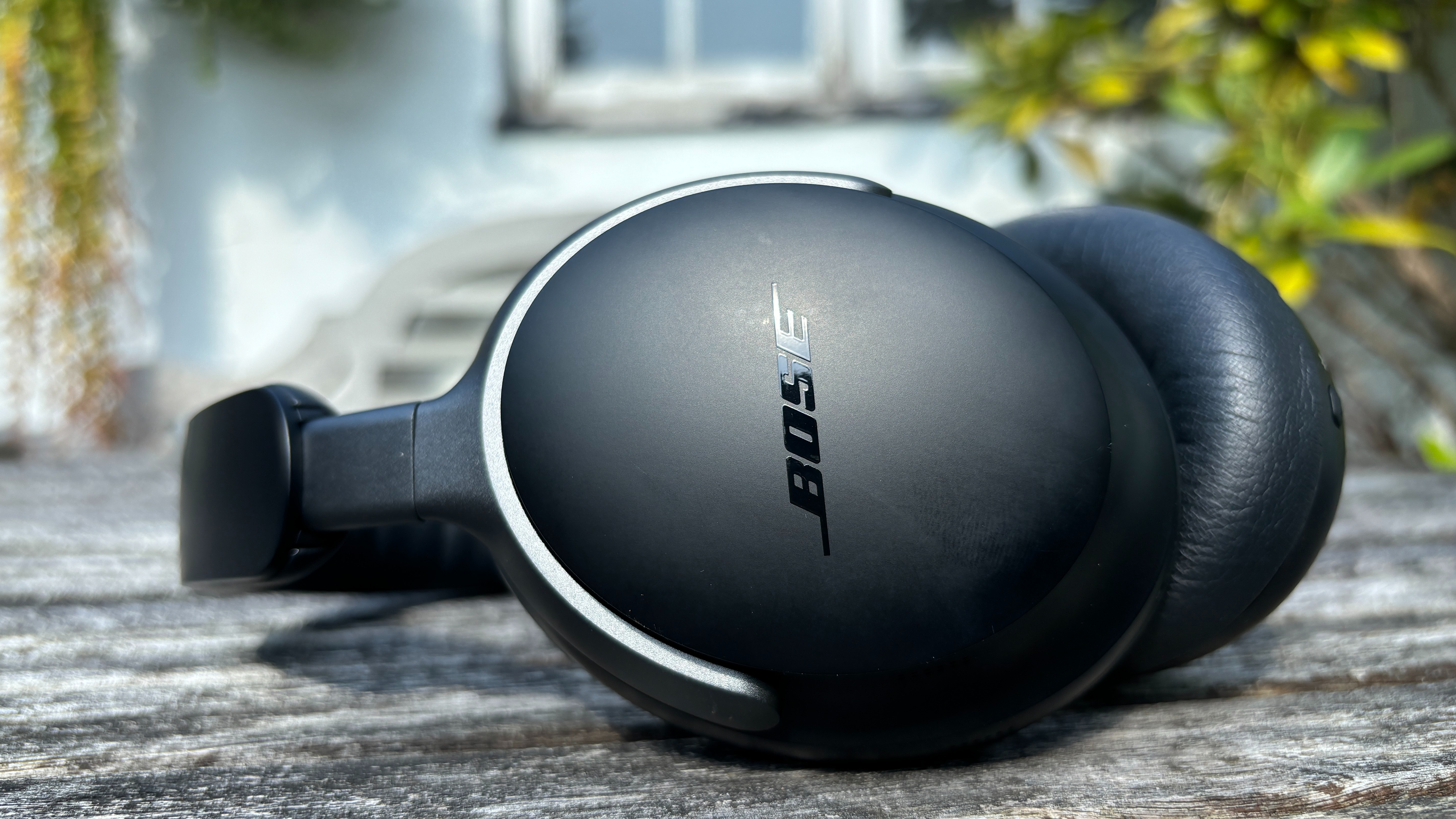
Maybe their strategy shouldn’t be to compete across the board and stretch themselves too thin, but to pick a speciality and nail down a unique selling point.
John F. Kennedy was a smart guy with a powerful name, but his uniquely winning smile and youthful charisma swung it for the Democrats in the ‘60s – now that’s how you win an election.
If you’re Bose or Apple, you’re surely now looking at what your headphones can offer that other alternatives won’t provide.
Bose’s flagbearer, the QuietComfort Ultra Headphones, had two aces up their sleeve when they launched: their class-leading noise-cancelling and their appealing, practical design. Bose’s particular vacuum-like brand of ANC isn’t for everyone, but there’s still a huge market for wearers who want to be cocooned within the all-enveloping Bose bubble, and for good reason.
Their portable, durable, folding design was another major plus (many over-ears don’t fold away), but Sony has rather stolen their thunder in this regard, too. The XM6 return the folding design to the XM model, slightly pulling the rug from under the brilliantly made Bose.
So what does Bose do now? Go bigger on noise cancelling, now that the Sonys have essentially closed that gap? Or double down on an aesthetic that catches the eye more than Sony's fairly muted one?
There is no correct answer, though we suggest that with the XM6's noise cancelling being so good, we might be at the point where they'll need a different weapon in order to compete. Better Immersive Audio maybe, or outstanding battery life?
There’s also the matter we haven’t touched on yet: price.
The Bose QuietComfort Headphones were costlier than the WH-1000XM5, landing at £450 / $429 / AU$649. So perhaps some slightly more competitive pricing could tempt more users to Bose’s camp and undercut the £400 / $450 / AU$699 price of the XM6.
It's easier said than done, of course, and that's before we get on to current economic instabilities and tricky tariffs…
Play to your strengths
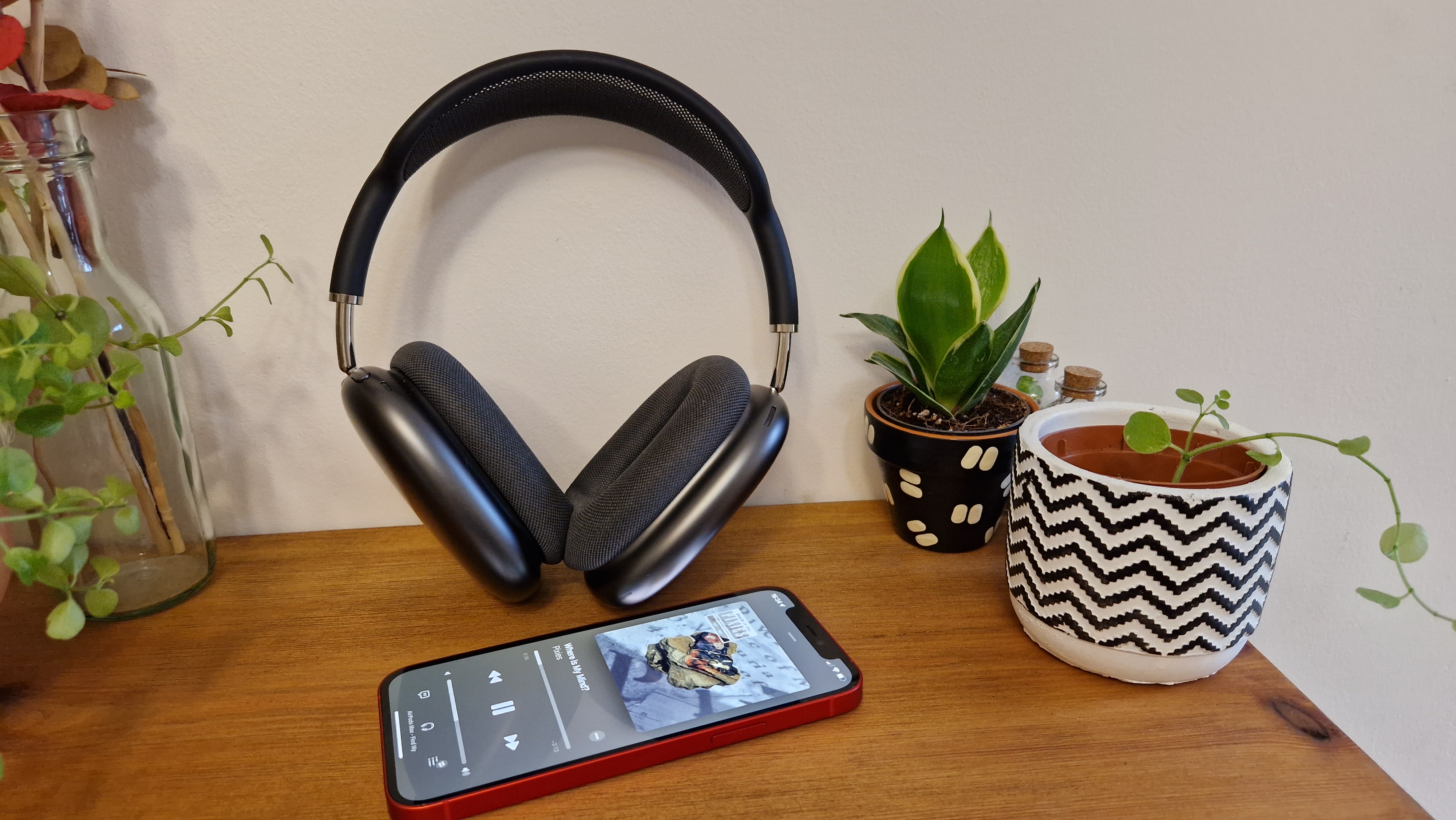
For Apple, the AirPods Max may be a little safer. All AirPods, as everybody knows, are designed to work seamlessly with iOS devices, meaning they will always have a colossal appeal with a major tranche of the market without even having to try.
AirPods-to-iOS integration is ideal: you don’t need an app, you can just manage your headphones directly from your iPhone’s settings and interface, something which Apple owners tend to adore.
They also offer features that work beautifully with your other Apple products. The current Max offer spatial audio, which provides a virtual surround sound experience from 5.1, 7.1 and even Dolby Atmos content, while built-in head tracking means that the sound is always relative to your iPhone or iPad screen regardless of your head position.
If Apple continues to implement features such as these for its ecosystem of products, it may not need to worry too much about Sony. Adaptive Audio for its noise cancelling might help, or the Conversation Mode (like Sony's 'Speak to Chat') as found in the AirPods Pro 2, would all bolster its credentials, as would better battery life, an area in which it is currently lagging.
Wired lossless audio works for the current Max, but maybe upping support to full 24-bit/192kHz support, in line with the quality of Apple Music’s streaming library, would be an idea.
Sound is still king
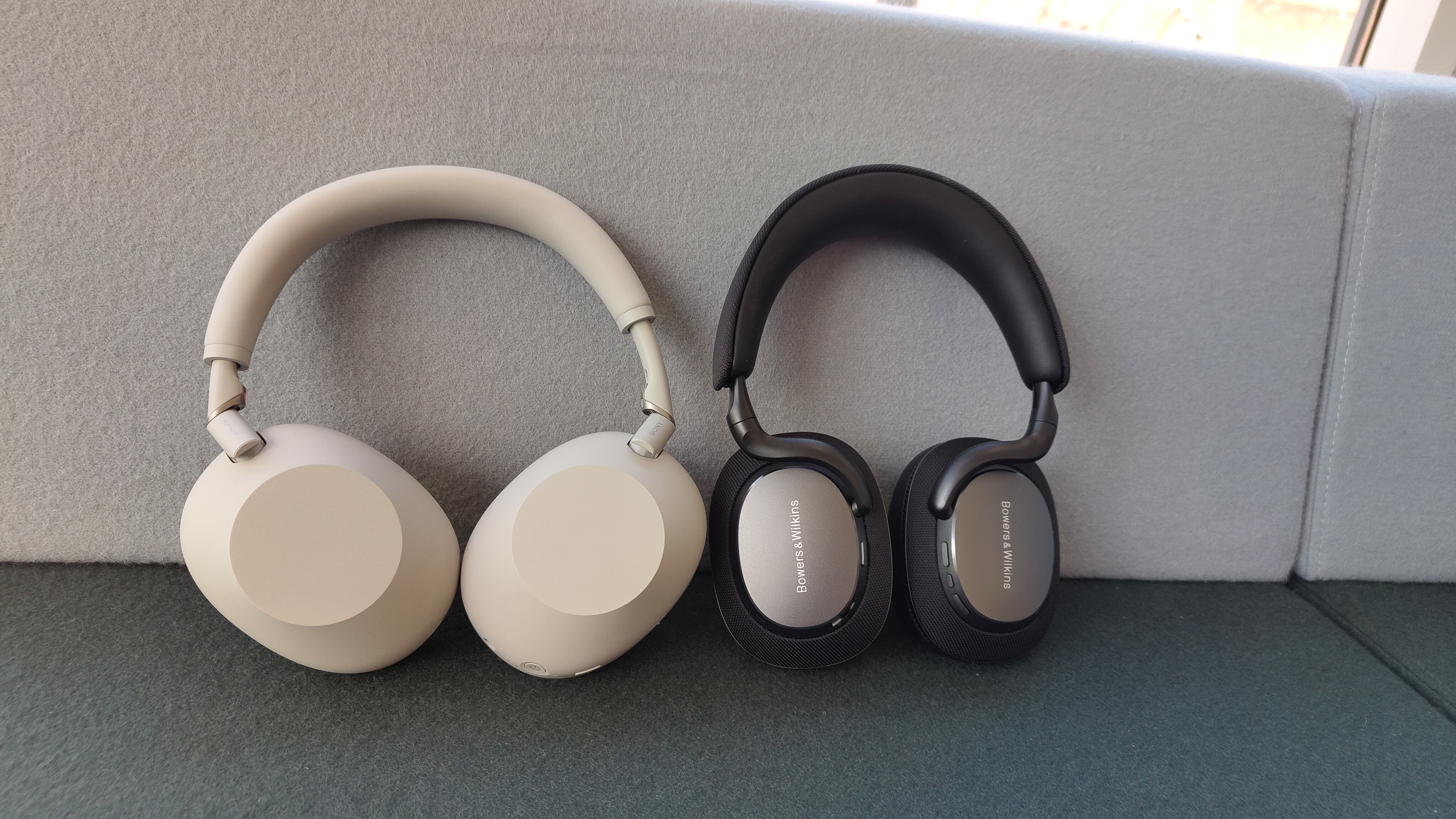
You knew this part was coming. In truth, none of this really matters if sound quality isn’t up to scratch.
To our ears, the Bose QC Ultra Headphones have a satisfying richness and smoothness that make them a pleasure to enjoy, but they need more punch, drive and detail to compete with the very best.
It feels as though the QC Ultra Headphones are beginning to fall behind, though they are some of the oldest competitors in this arena. If Bose can up its sonic game for its next pair, there's no reason it can't challenge Sony's prowess.
The Apple Max are great-sounding headphones that exhibit a hugely likeable crispness and openness that basks in detail. Some members of our reviews team prefer them to the outstanding B&W Px7 S3, and those are immensely talented over-ear headphones. It's hardly a tear-down and restart job, then, but Apple will need to keep pushing forward in the sound department to trouble Sony.
The real winner is... you
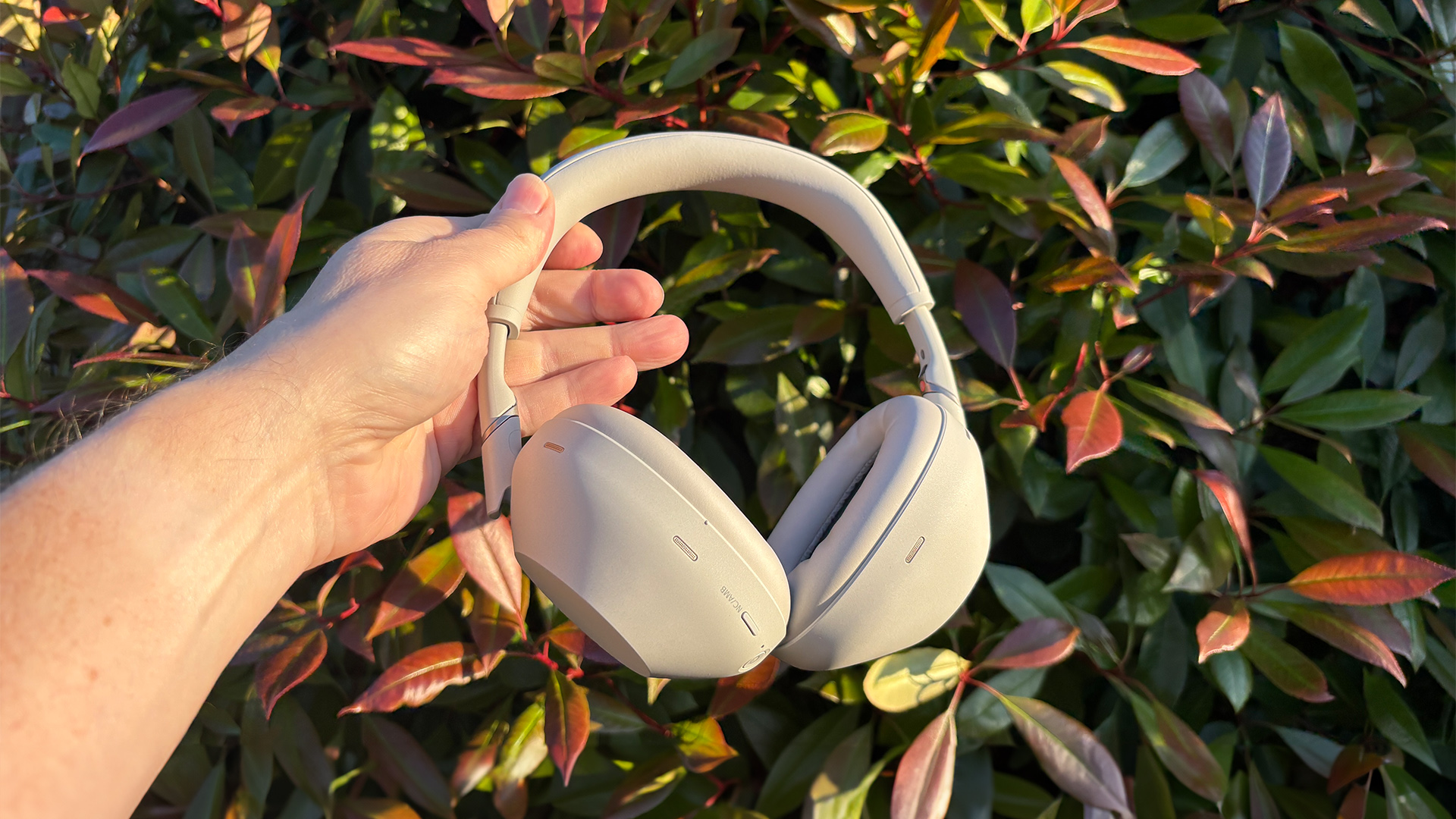
From a buyer’s perspective, the outstanding performance of the Sony WH-1000XM6 can only be a good thing, as the arrival of great products does tend to spur rivals into action to try to match them.
The world of premium wireless headphones has improved significantly in the past few years, with levels of performance and quality increasing to the benefit of the consumer.
With B&W and Sony (and also Dali with its IO-8) leading the charge in the premium space, the market is stronger than it has ever been. It’s now over to Bose and Apple to keep up, and they will have to bring their A-game if they’re going to compete in one of the most ruthless arenas in audio.
We’re excited to see what they come up with.
MORE:
These are the best wireless headphones you can buy
And the best audiophile headphones
Dear audio manufacturers, please standardise your Bluetooth pairing processes!

Harry McKerrell is a senior staff writer at What Hi-Fi?. During his time at the publication, he has written countless news stories alongside features, advice and reviews of products ranging from floorstanding speakers and music streamers to over-ear headphones, wireless earbuds and portable DACs. He has covered launches from hi-fi and consumer tech brands, and major industry events including IFA, High End Munich and, of course, the Bristol Hi-Fi Show. When not at work he can be found playing hockey, practising the piano or trying to pet strangers' dogs.
You must confirm your public display name before commenting
Please logout and then login again, you will then be prompted to enter your display name.
